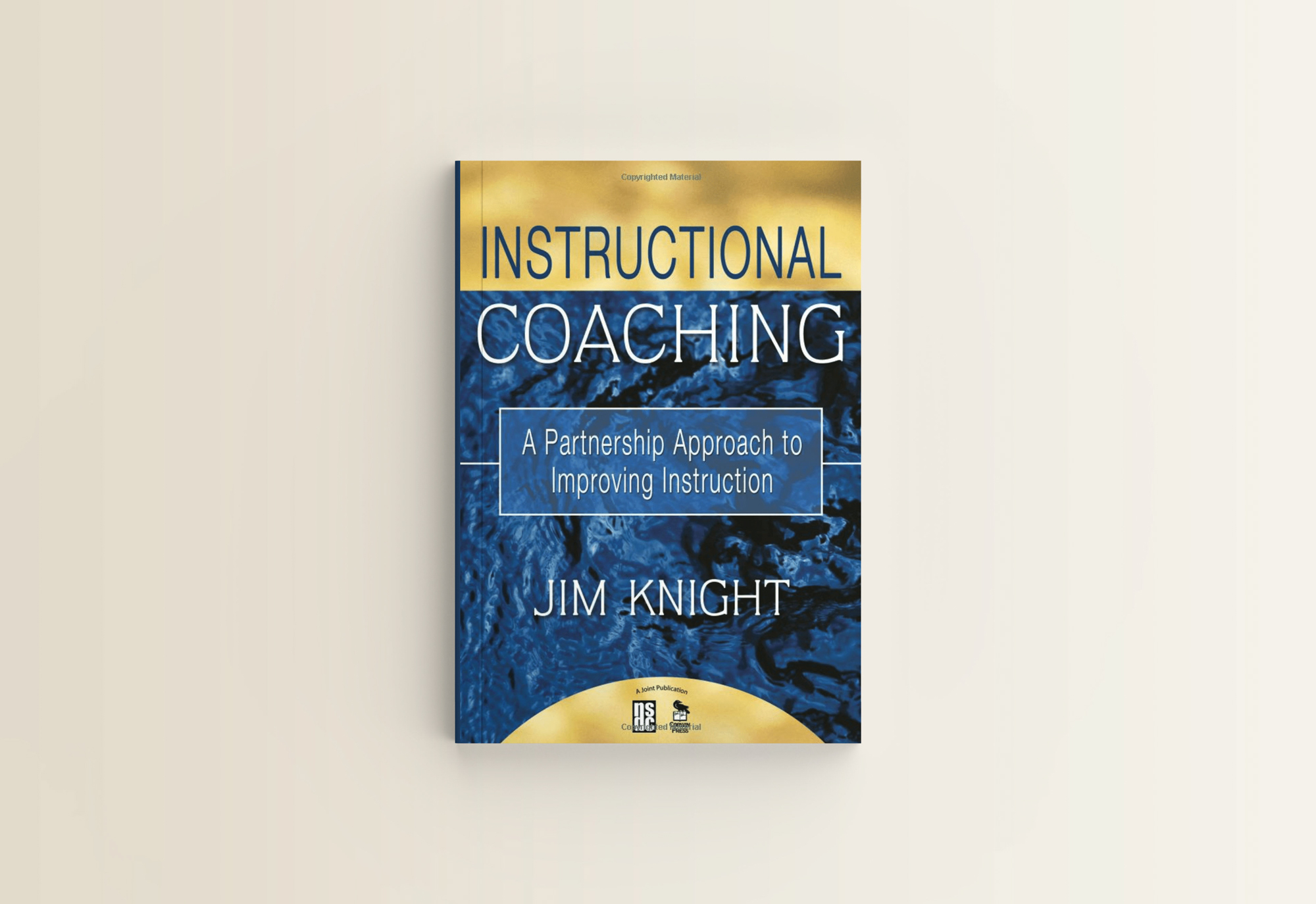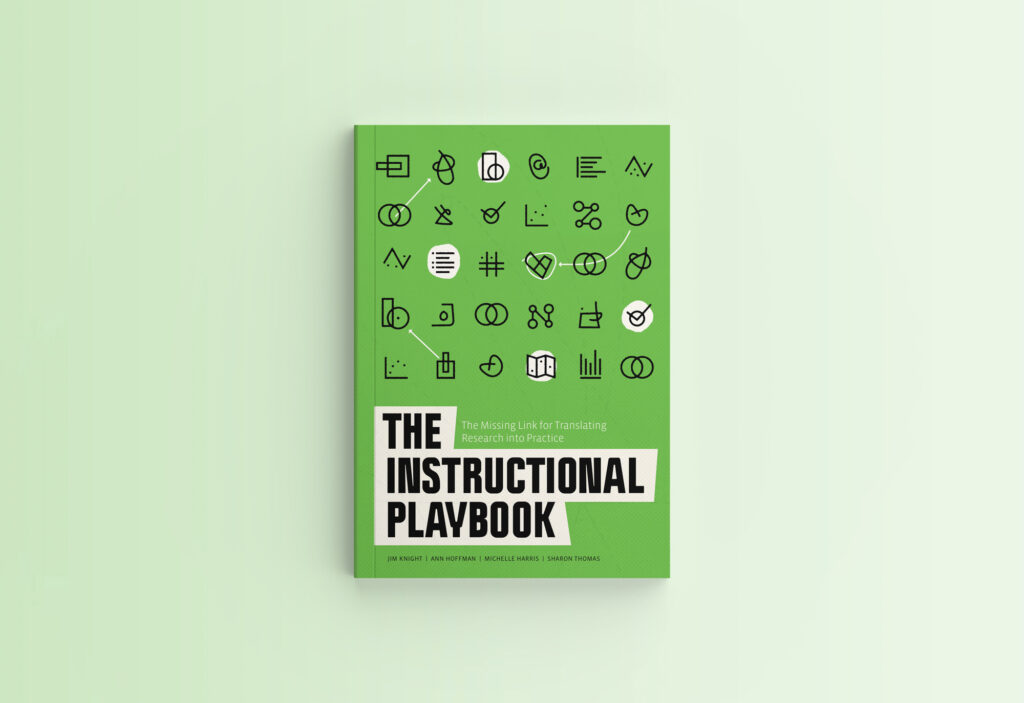

Instructional Coaching: A Partnership Approach to Improving Instruction
Jim Knight
Jim Knight describes the "nuts and bolts" of instructional coaching and explains the essential skills that instructional coaches need, including getting teachers on board, providing model lessons, and engaging in reflective conversations.
Purchase the Book:

“This is a ‘how-to guide’ and a description of a new model. I hope instructional coaches and anyone else interested in establishing, supporting, or learning about instructional coaching find this book to be a comprehensive and useful guide.”
– Jim Knight
Support for Implementation through Instructional Coaching
Why Coaching?
An introduction to instructional coaching and a summary of the research conducted by Jim Knight.
What Does Coaching Look Like?
An overview of the typical activities completed by instructional coaches in schools.
What is the Partnership Philosophy?
A summary of the partnership principles, the theory behind our model of instructional coaching.
Partnership Communication: Creating Learning Conversations
Several communication strategies people can use to increase their ability to communicate effectively.
Getting Teachers on Board and Finding a Starting Point
Strategies instructional coaches can use to enroll teachers in coaching, to identify new teaching practices, and to explain those practices teachers will learn during instructional coaching.
Modeling, Observing, and Collaboratively Exploring Data
Strategies instructional coaches can use to model, observe, and provide feedback on new teaching practices.
Focusing on the Big Four
A description of many proven teaching practices instructional coaches can share, organized by a framework we refer to as the Big Four of behavior, content knowledge, direct instruction, and formative assessment.
How Coaches Can Spread Knowledge
Suggestions on how coaches can spread ideas across schools.
Improve the Lives of Students By Improving Instruction and School Culture
More to Explore
Explore our other resources to learn more about Instructional Coaching. We offer a variety of workshops, PDFs, informational videos and more.

Instructional Coaching: The Necessary Support for Implementation
Jim Knight recognized the limitations of inservice sessions in supporting teachers to implement new practices effectively. He advocates for instructional coaching as a crucial model to drive impactful change in schools, enhancing both instruction and school culture.






























